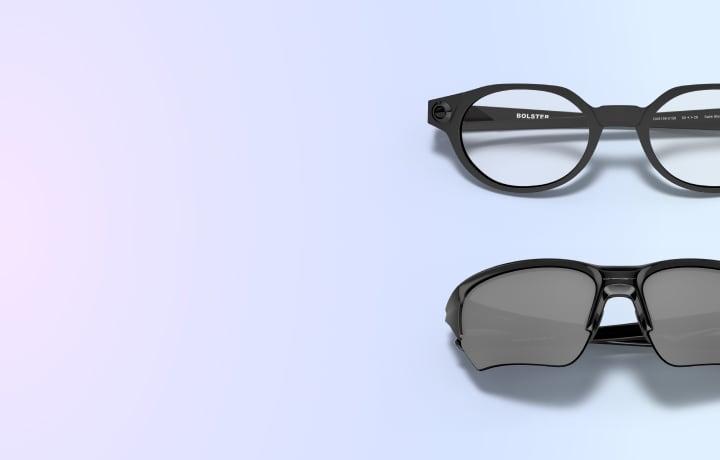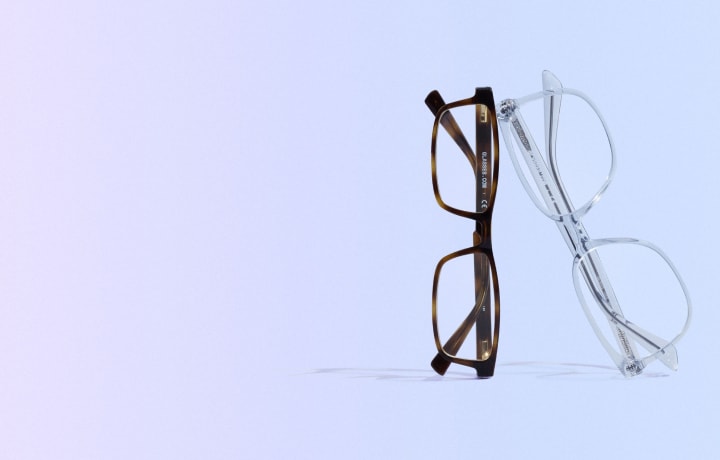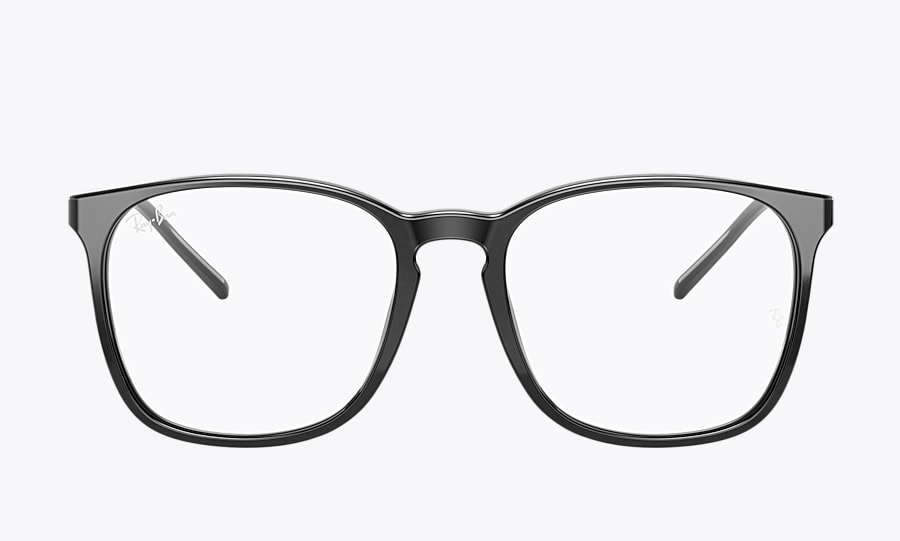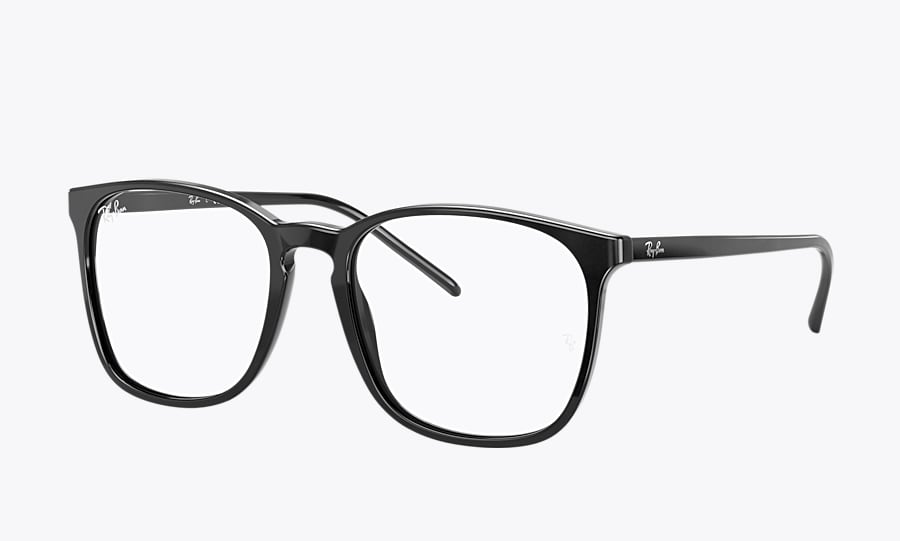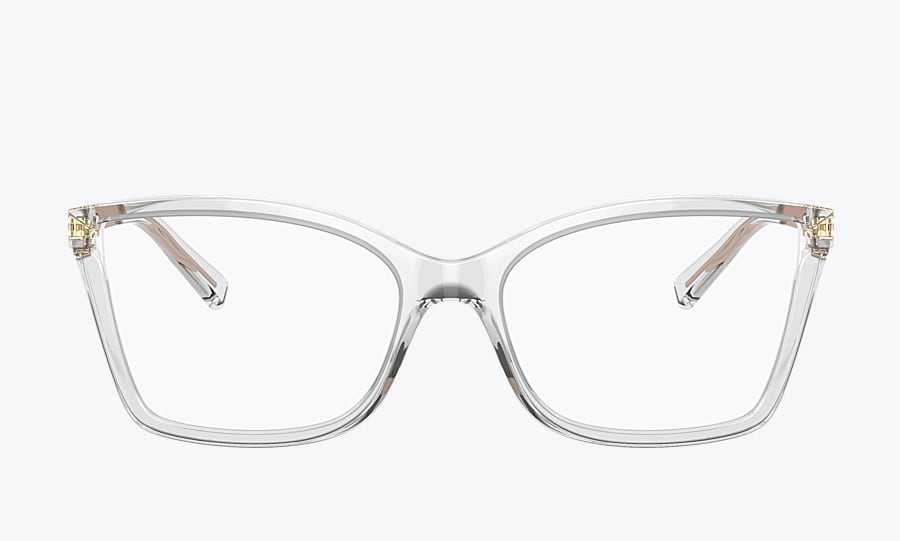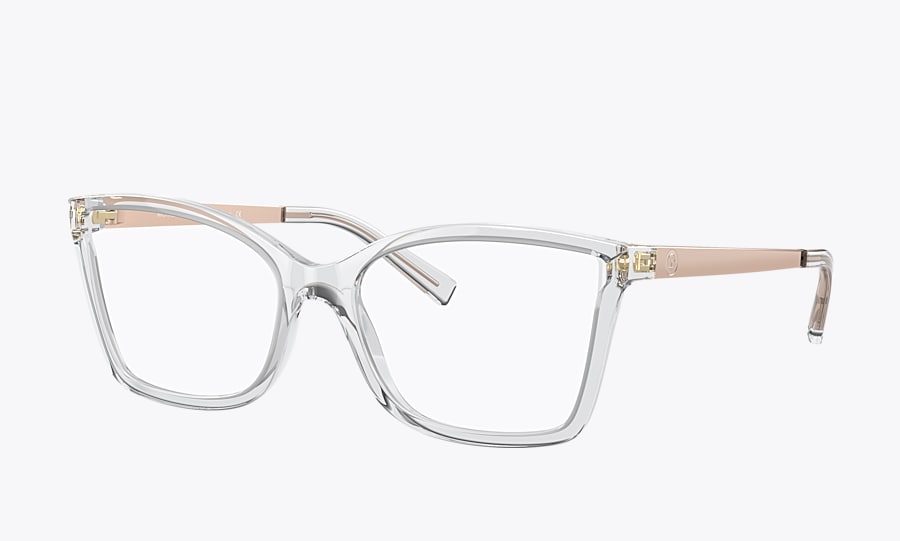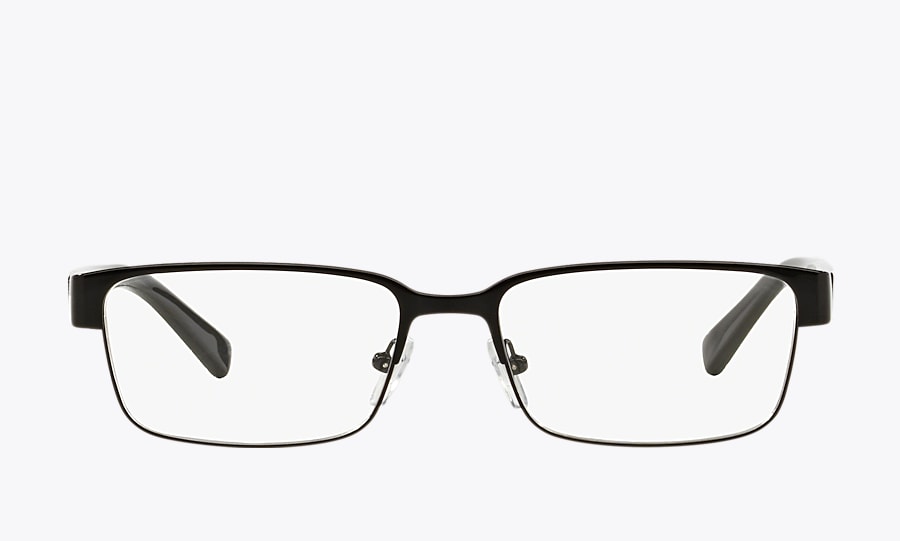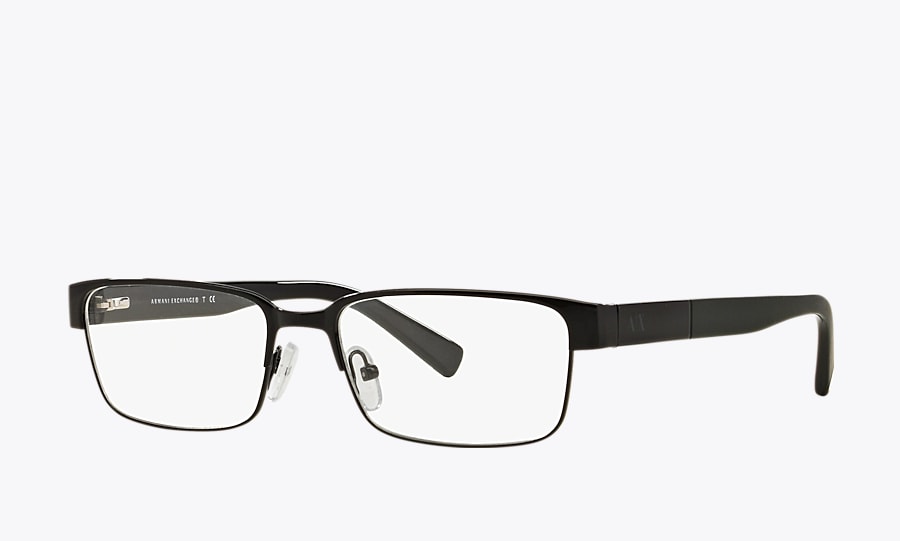
You need to squint to see
Is it a myth that carrots are good for your eyes? There is some truth to the link between carrots and good eyesight. But the idea is rooted in a little myth and an established campaign attributing carrots to good eye health because they contain compounds that are good for the eyes.
Myths and True facts about eating carrots
Though carrots and eyesight are linked, if you have poor vision, carrots won't help your visual acuity. and won't give a blind person eyesight. However, the vegetable's vitamins do support overall eye health. Beta-carotene, an antioxidant found in carrots, is a compound that the body transforms into vitamin A, a crucial ingredient for eye health. Insufficient vitamin A can result in blindness. Vitamin A can help protect against macular degeneration and cataract development, the leading causes of blindness.
Carrots contain lutein, an antioxidant in addition to beta-carotene. It has been discovered that lutein-rich foods increase the macula's pigment density. Your retina is better protected and at a lower risk of macular degeneration if the macula has a higher pigment density.
Add yellow carrots to your diet too. They contain a higher amount of lutein, which may help prevent age-related macular degeneration (AMD), where your vision gradually becomes blurred or lost.
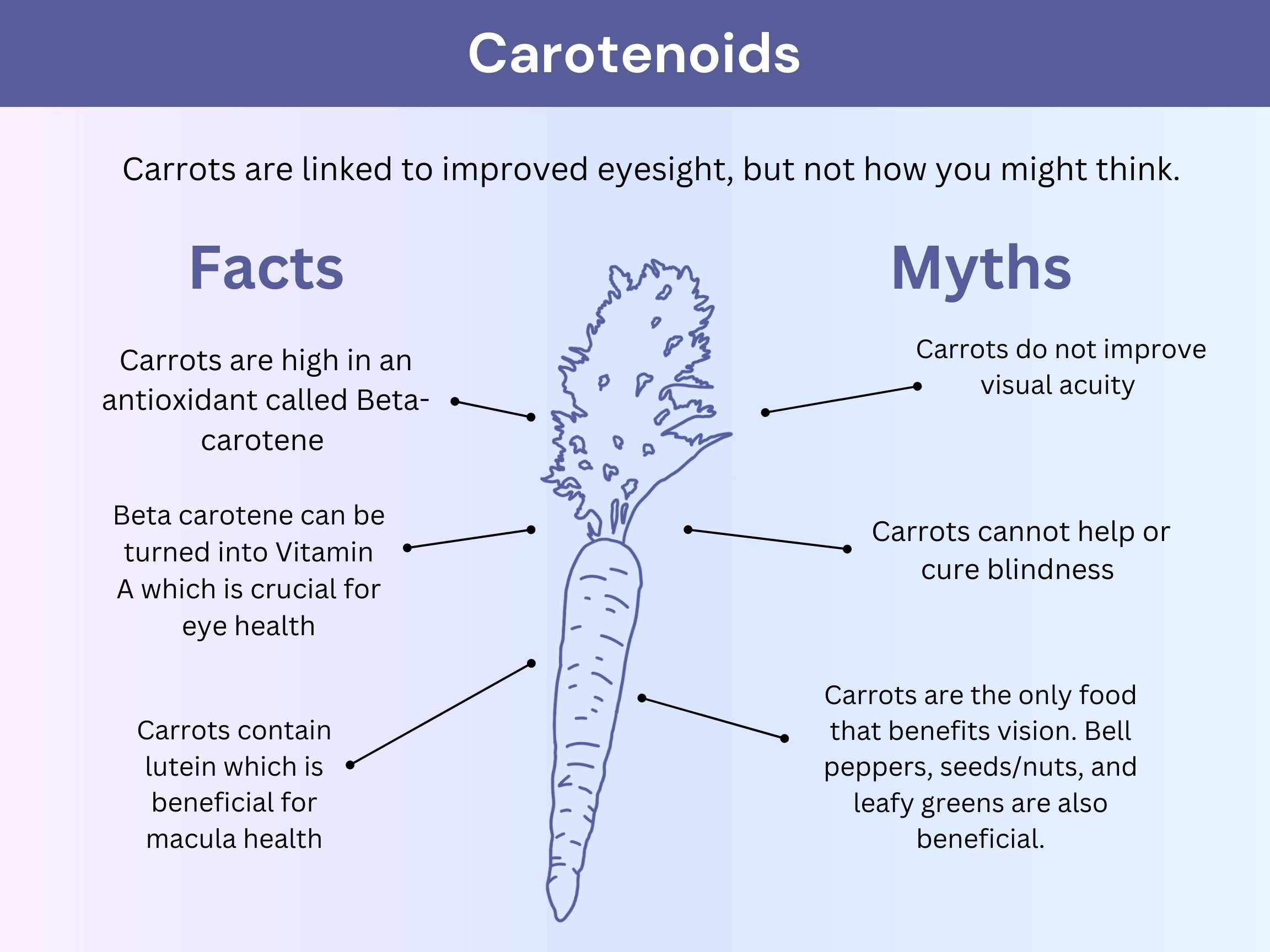
Vitamin foods for vision
A balanced diet for proper eye nutrition will help protect your vision. Vitamin A, a substance necessary for clear vision, is abundant in carrots. But Vitamin A isn't just found in carrots–it is also in foods like milk, cheese, egg yolks, and liver. You can also take supplements for your eyes to ensure your body gets all the vitamins needed. Therefore, if you are already getting enough vitamin A in your diet, eating extra carrots won't help you see better. Besides being generally good for your health, eating fresh fruits and veggies is also how to get whiter eyes naturally.
Peppers
The foods highest in vitamin C per calorie are bell peppers. That's excellent for your eye's blood vessels and may reduce your risk of developing cataracts, according to scientific research. It can be found in many fruits and vegetables, such as strawberries, bok choy, cauliflower, and papayas. Since heat degrades vitamin C, opt for raw foods whenever possible. Peppers with vibrant colors also contain vitamins A and E, which are also good for the eyes.
Seeds and Nuts
Half of the daily allowance of vitamin E for adults is found in an ounce of seeds or almonds. Vitamin E, among other nutrients, has been shown in a study to decrease the progression of age-related macular degeneration (AMD). It may even help protect your eyes from cataracts. Other excellent sources of vitamin E include hazelnuts, peanuts (technically legumes), and peanut butter.
Leafy Greens
Foods containing high amounts of vitamins C and E include kale, spinach, and collard greens. Zeaxanthin and lutein, two carotenoids, are also present. These plant-based vitamin A supplements reduce the risk of chronic eye conditions like AMD and cataracts. Western diets typically don't include enough of these for most individuals.









